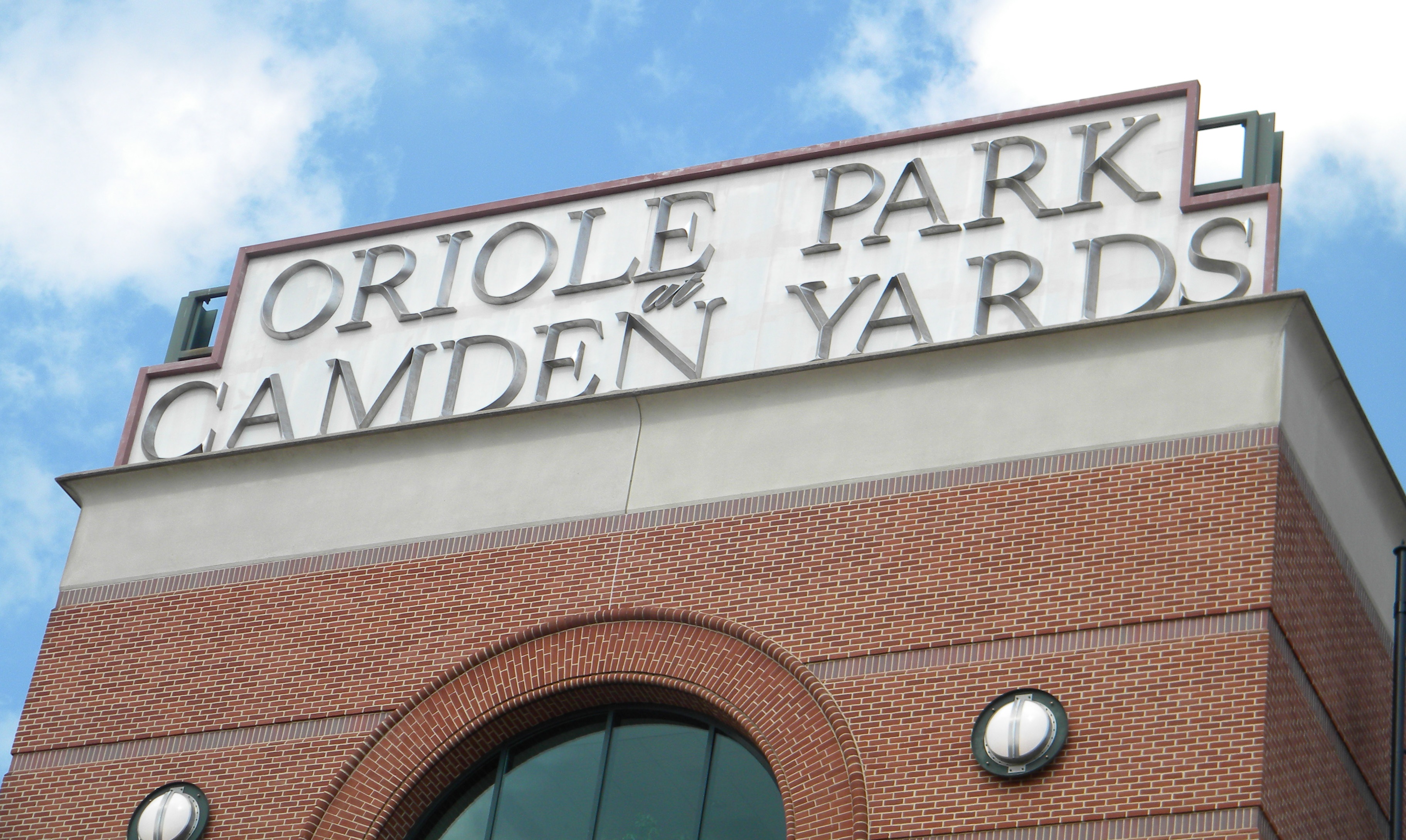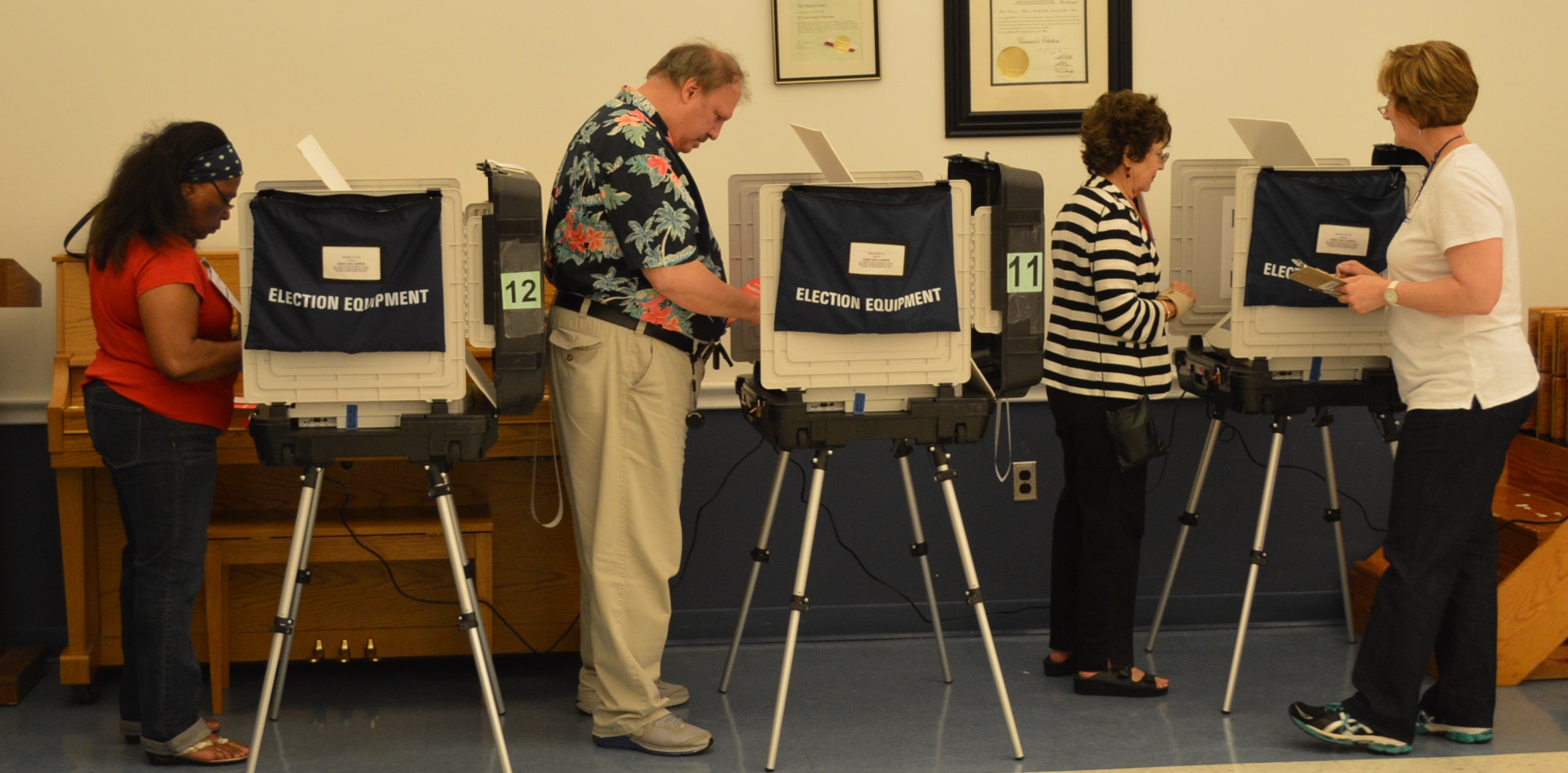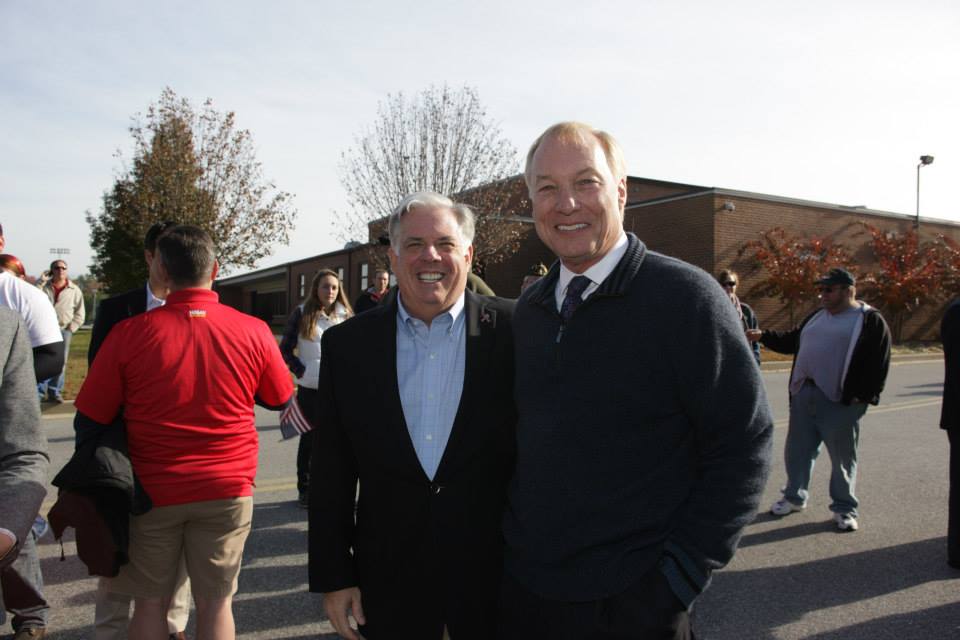By Len Lazarick
Len@MarylandReporter.com
It was not a great week for openness and transparency at the State House. Perhaps it is more accurate to say it was business as usual in Annapolis, with a few events reminding us that while much of the public business has become remarkably accessible over the Internet, much of it still happens behind closed doors.
As reported here, the most important defeat for more transparency came Thursday, as the Senate shot down Sen. Allan Kittleman’s proposal to record committee voting session for webcasting.
The same day across the hall, the House locked its doors to do its annual group photo, then kept them locked – apparently by mistake — while the members gave final passage to a couple of bills. On Wednesday, the Washington Post ran a story about the closed meetings of a House of Delegates work group reviewing gun control legislation. The week closed on Friday with more than 15 reporters attending an off-the-record lunch with Gov. Martin O’Malley.
Lunch with the governor
The lunch was a first for O’Malley, who usually meets with reporters in more formal settings. The purpose was to allow O’Malley to talk freely without cameras or recorders; any of the 15 or so reporters who attended could follow up after the lunch to get O’Malley on the record about a topic.
Given that O’Malley rarely has open-ended news conference, off-the-record lunch was better than no freewheeling discussion at all. But governors were actually more accessible decades ago, and had regularly scheduled press conferences that even reporters who did not cover the State House on a regular basis could attend to ask about issues they were working on. On the record, and transcripts were even produced afterward.
Freewheeling press conferences are considered politically dangerous, with little ability to control the content or message. President Obama holds them rarely as did President Reagan. O’Malley does take questions on other topics at press conferences to publicize specific issues, but oftimes he doesn’t.
Work group on gun control
The 17-member work group set up by House Speaker Michael Busch has been meeting for at least a couple of weeks, hearing from all sides on the gun control issue. The day before the Post did its story, I interviewed Busch about the work group, as I had planned to do for several days , but I didn’t even raise the issue of why the meetings were closed. As had been explained to me by a pro-gun member of the study group, a wide range of people were being brought in, including the state police unit that currently reviews applications for gun permits.
“We see it as information sharing,” Busch told me. Representatives of the National Rifle Association came in one day, gun manufacturers on another and gun dealers after that. Small, informal study groups of legislators have often been used to work on complex legislation. But this gun-control group was unusual in its size and the regular participation by the speaker. He bragged about his perfect attendance. It was also happening before any public hearings in the House, now scheduled for March.
Legislators hold dozens of hearings a week that draw few reporters or members of the public. Should they be faulted for educating themselves in depth about a controversial topic? Yet, would allowing press and public to attend do much harm, other than making the meetings more unwieldy?
The closed-door session of the House really appeared to be a matter of miscommunication, and overzealous enforcement of restrictions only intended to prevent disruption of a photo shoot.
Recorded voting sessions a big step
Kittleman’s proposed rule would have represented one of the biggest steps forward in openness by the General Assembly that has become steadily more accessible over the Internet in recent years. Video of House hearings are now live-streamed and webcast and, in a new development this year, those videos are linked to the bill summary page on the Assembly website. Only audio is available in the Senate, and there are no plans to put video in hearing rooms.
But voting sessions on legislation, with discussion of a bill’s merits and amendments, are only available in person. They also occur at irregular times often with little notice. Even in person, a voting session is often difficult to follow, especially when amendments are offered that are handed out only to the legislators and staff.
The Internet has opened up the legislative process immensely in the past 15 years, and especially in the last three years. Bills, fiscal notes, budget analyses and committee votes are now online, as are audio of floor sessions, though difficult to follow without recognizing a lawmaker’s voice or district.
Senate President Mike Miller and Senate Rules Committee Chair Kathy Klausmeier have promised a thorough review of procedures after this session. We’ll be on the lookout to make sure those promises are kept and produce some improvement.







” it is clear that the Act applies, not only to final decisions made by
the public body exercising legislative functions at a public meeting,
but as well to all deliberations which precede the actual legislative
act or decision”
Quoting from the state’s own Court of Appeals on the Open Meetings Act
<>
Len, I appreciate this article, although I’m astonished by what it says. How it’s possible for anyone to think that 17 lawmakers, selected and led by the House Speaker, could meet behind closed doors on a specific piece of legislation, no matter what they call it or what they say they are doing, could be considered to not fall under the requirements of the open-meeting law is beyond anything I could ever imagine. It does not pass the ordinary person test, let alone the reasonable person test or the smell test. This will open up the entire law to a very serious legal challenge in court, which is a good thing, as perhaps some time and reasonable judiciary branch thinking can prevent this horrible travesty of unconstitutional law from ever taking effect.
The article must have been revised just after I read it, but the notion that our lawmakers need some “secrecy” while making laws is exactly why the open-meeting law was put into effect. The secrecy is what creates the playground for under-the-table deals, smoke-filled, back room negotiation, and the festering swamps of illegal and illicit activities we specifically wanted to eradicate from our lawmaking process.
As hungrypirana mentioned, we shouldn’t be worried about what our ‘counterparts’ are doing. I don’t know if that legislator was referring to his or her counterparts in the Senate or legislators in other states, but it still shouldn’t matter. The House of Delegates should do what is right and best for the State of Maryland – not for anyone else. If this delegate can’t figure that out, then he or she shouldn’t be a delegate.
Maryland may have made some improvements in providing information to its citizens in the past year or two, but we still are one of the worst states for transparency in that sense. In the larger sense of our government being open to what they are thinking and planning on doing as well as what they are actually doing with the taxpayer money and resources they have, the mentality of that sort of transparency just doesn’t exist either in our elected officials or in most of the permanent civil servants in our state, from the Governor on down. Until the Governor starts leading in that area, nobody else in the state government is going to follow – that’s the way it works.
The Act is flawed because it defines “public bodies” in such a way that any “workgroup” created by anyone isn’t subject to it. If the public body is created by the state Constituion, a Resolution, Bylaws, or legislation, it’s a public body.
Let’s just say it took me years to realize that the Act was written for the convenience of the General Assembly. Writing it to protect their turf makes it crazy when you try to apply it to other branches of gov’t.
And the bill that created the Joint Committee on Transparnecy (oops) also redefined “minutes” to be exactly what the Gen Ass’y does now. So what they do, however lame, is nominally legal.
One more note. Doug Gansler or any other consititutinal official (your clerk of courts or county sheriff) can create bodies willy-nilly to whom the Act does not apply at all. Bad bill drafting or huge loophole? You decide.
The fix? “All advisory commitees or workgroups however created shall be public bodies, including those created by the General Assembly during the course of its business.” Or something like that.
Len, thanks for keeping on the lookout.
I hear two reasons underlying the 6 – 41 vote against Kittleman’s proposal. (1) we don’t know what our counterparts are doing, and (2) webcasting our committee voting sessions will compromise our secrecy.
It shouldn’t be hard to document current practices in other states. That could be done in 2 – 3 days. It should be done for the legislature and presented to them. They will otherwise drag their feet.
The second reason is the most formidable (and telling) impediment to Kitterman’s and your transparency goal. My first thought is take ’em to court on constitutional grounds. Surely MD constitution does not protect secrecy of legislative work.